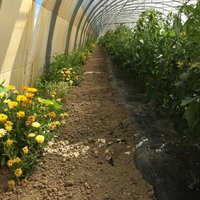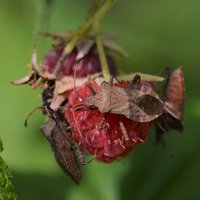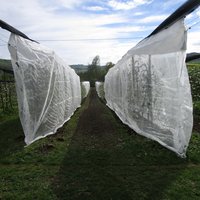Nature and biodiversity
Organic farming has has a less environmental impact on it surrounding environments compared to conventional farming systems. This is due to the limited use of pesticides, use of organic fertiliser and more frequent use of cattle pasture. However, in order to conserve and improve ecosystem services and biodiversity it remains important for research to address how organic food systems can improve biodiversity. The following CORE Organic projects addressed elements which may contribute to improving biodiversity.

GreenResilient demonstrated that an agroecological approach to organic greenhouse production with less intensive and low energy consumption is feasible in different European areas.

ResBerry aimed to enhance above- and below ground biodiversity in European organic berry orchards in order to increase the resilience of berries against major pests and diseases.

TILMAN-ORG - Integrating reduced tillage and green manures in organic cropping systems
TILMAN-ORG investigated potentials of the integration of green manure and reduced tillage, to improve biodiversity, productivity, weed management and lower carbon footprints.

DOMINO aimed to improve long-term sustainability, and the ecological footprint and to break the monoculture paradigm in intensive organic fruit growing.

ReSolVe - Restoring optimal Soil functionality in degraded areas within organic Vineyards
ReSolVe worked with restoring optimal soil functionality in degraded areas within organic vineyards and provided guidelines for restoring optimal soil functionality.